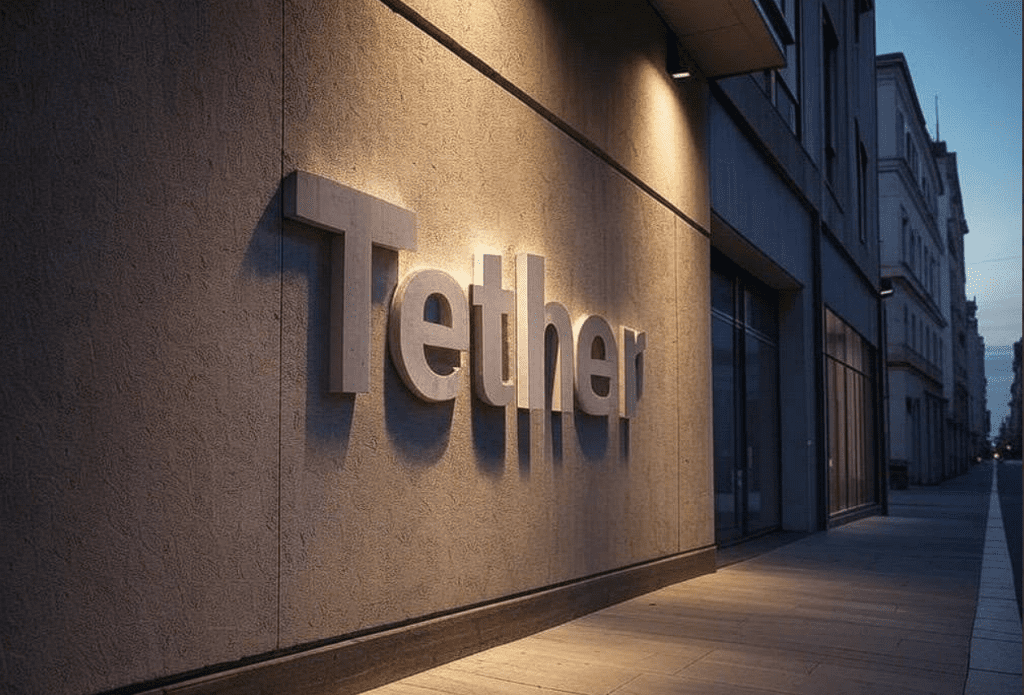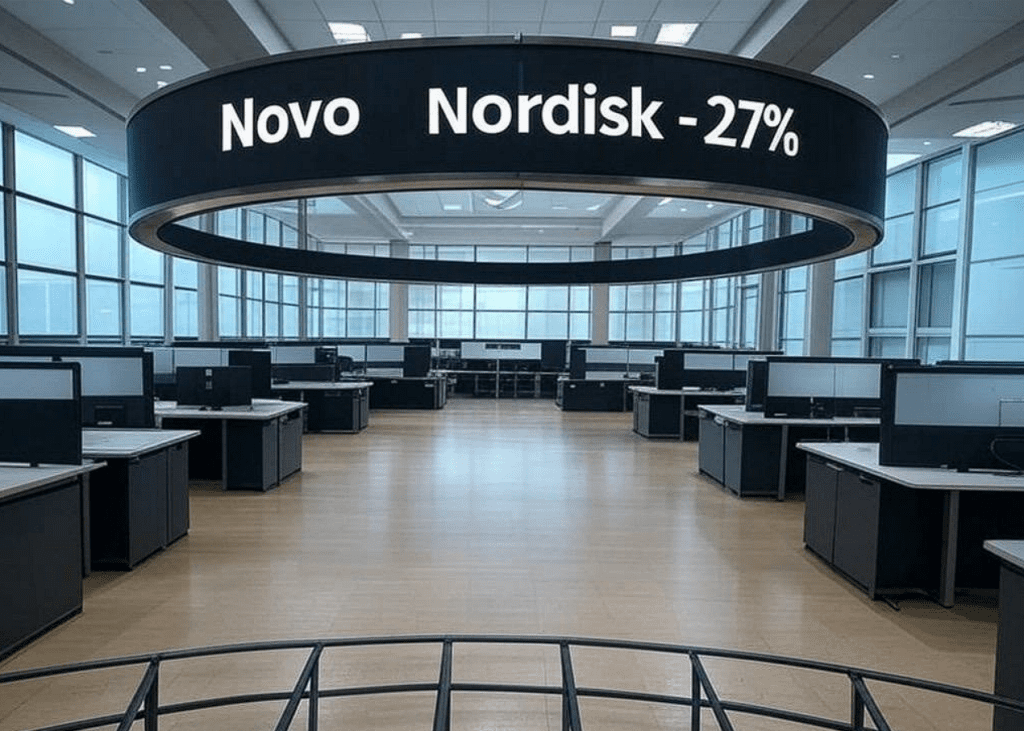Billionaire Ken Griffin Sold 79% of Citadel's Stake in Artificial Intelligence (AI) Titan Nvidia and Piled Into These 3 High-Octane Growth Stocks Instead

What can easily be described as the most important data release of the third quarter occurred last week -- and a lot of investors probably missed it.
Every quarter, institutional investors with at least $100 million in assets under management are required to file Form 13F with the Securities and Exchange Commission. In simple terms, a 13F allows investors to see what Wall Street's most-successful investors purchased and sold in the most recent quarter (in this instance, the June-ended quarter).
Among the many anticipated 13F filings from billionaire asset managers is that of Ken Griffin's hedge fund, Citadel Advisors. Since its inception, no hedge fund has been more profitable than Citadel, which often hedges its common stock positions with various put and call options.
What's noteworthy about Citadel's latest 13F is that Griffin and his investment team were big-time sellers of artificial intelligence (AI) leader Nvidia (NASDAQ: NVDA) and avid buyers of three other high-octane growth stocks.
Ken Griffin's Citadel sold more than 9.2 million shares of Nvidia
Since the start of 2023, Nvidia has been virtually unstoppable. Shares are up more than 700% and the company's market cap has increased by north of $2.7 trillion.
Nvidia's hardware and software have fueled this historic gain. The company's H100 graphics processing unit (GPU) has quickly become the standard in AI-accelerated data centers running generative AI solutions and training large language models (LLMs). Meanwhile, Nvidia's CUDA software platform is the toolkit developers use to build LLMs. The company's hardware and software are working in-tandem to keep AI-driven businesses loyal to Nvidia's ecosystem of products and services.
Despite these first-mover advantages, Griffin's Citadel sold 9,282,018 shares of Nvidia during the June-ended quarter, ultimately reducing its stake by 79.3%.
Although profit-taking might explain some of this selling activity, history may be playing a meaningful role in this decision.
Over the previous 30 years, there hasn't been a high-profile innovation, technology, or trend that's escaped an early innings bubble-bursting event. Investors are always overly optimistic with regard to how quickly they expect a new technology or innovation to take hold. Should AI follow the path of previous next-big-thing innovations, no company would be hit harder by the AI bubble bursting than Nvidia.
There's also a high likelihood of Nvidia shedding its monopoly like market share in high-compute data centers, as well as losing its pristine pricing power on AI-GPUs, over time. Its inability to meet overwhelming enterprise demand for GPUs, coupled with many of its top customers developing chips for their data centers, makes it likely that Nvidia will lose out on precious data center "real estate."
But while Ken Griffin and his investment crew were sending shares of Nvidia packing, they were busy piling into three supercharged growth stocks.
Palantir Technologies (5,222,682 shares purchased)
The first fast-paced stock that had the investment team at Citadel's hedge fund mashing the buy button with regularity during the second quarter is cloud-based data-mining specialist Palantir Technologies (NYSE: PLTR). The more than 5.22 million shares purchased increased Citadel's stake in Palantir by 1,140% over where things stood on March 31, 2024.
The primary lure of Palantir as an investment is the company's irreplaceability. Though other businesses offer bits and pieces of the services it supports, no company at scale comes close to matching what Palantir offers as a whole. Wall Street typically places a hearty valuation premium on businesses that can sustain their unique moats.
For quite some time, the bulk of Palantir's sustained double-digit sales growth has come from its AI-fueled Gotham platform. This is the cloud-based infrastructure that helps governments plan missions and gather data.
However, Gotham's long-term growth ceiling is somewhat limited. Since Palantir's management team isn't going to let certain governments access its platform for national security reasons (e.g., China), it's the company's Foundry platform that's likely to drive significant growth in sales and cash flow in the years to come.
Foundry is Palantir's relatively new AI-inspired platform focused on businesses. It's designed to, among other things, help businesses better understand their data so they can streamline their operations. Over the trailing year, ended June 30, Palantir's commercial customer count surged 55% to 467. Since it's still in its very early stages of expansion, it should have no trouble supporting double-digit sales growth.
Pinterest (4,472,384 shares purchased)
A second supercharged growth stock that Ken Griffin's Citadel hedge fund was a buyer of as it was disposing of the lion's share of its Nvidia stake during the June-ended quarter is social media platform Pinterest (NYSE: PINS). To offer some context on just how much this position grew, Citadel only held 12,909 shares of Pinterest at the end of March.
Although Pinterest's third-quarter sales guidance left a lot to be desired among Wall Street analysts who had been expecting a big upside revenue guide, there's no denying that this company is picking up momentum as it adds to its monthly active user (MAU) count.
When the June quarter came to a close, Pinterest had increased its global MAUs by a cool 12% to 522 million from the previous year. The more active users Pinterest has on its platform, the more likely it is to command strong ad-pricing power with businesses. After all, Pinterest's users are often potential shoppers looking for ideas and inspiration.
Another reason Pinterest is such a success story is the way its social media platform is set up. Users are willingly and (most importantly!) freely sharing the things, places, and services that interest them. With app developers giving consumers the option to remove data-tracking tools, the premise of Pinterest's site ensures that it'll be able to provide relevant data to merchants to help them target users with their message(s).
Pinterest is also swimming with available capital. As of the midpoint of 2024, it had more than $2.7 billion in cash, cash equivalents, and marketable securities, and no debt. This treasure chest of cash, coupled with a $1 billion share repurchase program, gives the company the ability to navigate challenging economic climates with ease.
Broadcom (1,880,740 shares purchased)
Perhaps the biggest surprise of all is that Ken Griffin's Citadel hedge fund was busy scooping up shares of AI networking solutions specialist Broadcom (NASDAQ: AVGO) while sending 79% of its position in Nvidia to the chopping block. The 1,880,740 shares of Broadcom purchased by Griffin's fund increased its stake by nearly 64% from the sequential quarter.
On one hand, Broadcom would presumably be exposed to some degree of downside if the AI bubble were to burst. Though its AI networking solutions, which are used to reduce tail latency and maximize the computing capability of GPUs in enterprise data centers, are in high demand, a bubble-bursting event would, undoubtedly, weigh on growth in AI networking sales.
On the other hand, there's a lot more going on with Broadcom than just artificial intelligence-related solutions. It's one of the largest suppliers of 5G wireless solutions used in next-generation smartphones. Telecom companies upgrading their networks to support faster 5G download speeds have created a steady device replacement cycle that's fueled demand for Broadcom's products.
Broadcom also makes an assortment of solutions for next-gen vehicles, including products for advanced driver assistance systems, infotainment systems, and various LED lights. In other words, as the automotive industry and industrial sector, in general, become more reliant on technology, Broadcom's products are only going to grow more popular.
Acquisitions have been important to Broadcom's ascent, as well. The $69 billion purchase of cloud virtualization software company VMware, which closed in November 2023, provides an important path for Broadcom to expand its reach within private and hybrid enterprise clouds.
Long story short, Broadcom looks to be better positioned than Nvidia if and when the AI bubble bursts.
Should you invest $1,000 in Nvidia right now?
Before you buy stock in Nvidia, consider this:
The Motley Fool Stock Advisor analyst team just identified what they believe are the 10 best stocks for investors to buy now… and Nvidia wasn’t one of them. The 10 stocks that made the cut could produce monster returns in the coming years.
Consider when Nvidia made this list on April 15, 2005... if you invested $1,000 at the time of our recommendation, you’d have $779,735!*
Stock Advisor provides investors with an easy-to-follow blueprint for success, including guidance on building a portfolio, regular updates from analysts, and two new stock picks each month. The Stock Advisor service has more than quadrupled the return of S&P 500 since 2002*.
*Stock Advisor returns as of August 12, 2024
Sean Williams has positions in Pinterest. The Motley Fool has positions in and recommends Nvidia, Palantir Technologies, and Pinterest. The Motley Fool recommends Broadcom. The Motley Fool has a disclosure policy.
Billionaire Ken Griffin Sold 79% of Citadel's Stake in Artificial Intelligence (AI) Titan Nvidia and Piled Into These 3 High-Octane Growth Stocks Instead was originally published by The Motley Fool
Breaking news
See all






